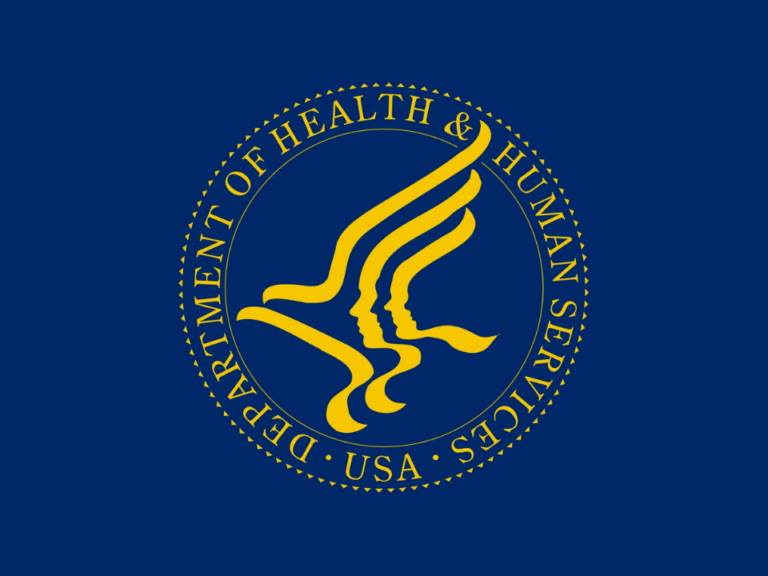The Department of Health and Human Services has announced the start of a reduction in its mRNA vaccine development activities under the Biomedical Advanced Research and Development Authority.
The announcement, made on Aug. 5, halts $500 million worth of vaccine development projects, all using mRNA technology.
mRNA shots instruct the body to produce a fragment of a virus, which then sets off the body’s immune response.
This technology was first used in vaccine production during the COVID-19 pandemic by Pfizer-BioNTech and Moderna.
This is the second hit mRNA has taken this year. In May, HHS revoked a nearly $600 million contract to the drugmaker Moderna to develop a vaccine against bird flu.
This wind-down includes the “cancellation and de-scoping of various contracts and solicitations,” the press release states. The HHS decision follows a review of the investments initiated during the COVID-19 public health emergency.
“We reviewed the science, listened to the experts, and acted,” said HHS Secretary Robert F. Kennedy, Jr. “BARDA is terminating 22 mRNA vaccine development investments because the data show these vaccines fail to protect effectively against upper respiratory infections like COVID and flu. We’re shifting that funding toward safer, broader vaccine platforms that remain effective even as viruses mutate.”
The press release lists the expected changes:
- Termination of contracts with Emory University and Tiba Biotech.
- De-scoping of mRNA-related work in existing contracts with Luminary Labs, ModeX, and Seqirus.
- Rejection or cancellation of multiple pre-award solicitations, including proposals from Pfizer, Sanofi Pasteur, CSL Seqirus, Gritstone, and others, as part of BARDA’s Rapid Response Partnership Vehicle (RRPV) and VITAL Hub.
- Restructuring of collaborations with DoD-JPEO, affecting nucleic acid-based vaccine projects with AAHI, AstraZeneca, HDT Bio, and Moderna/UTMB.
“Let me be absolutely clear: HHS supports safe, effective vaccines for every American who wants them. That’s why we’re moving beyond the limitations of mRNA and investing in better solutions,” said Secretary Kennedy in a statement.
He provided no details on what those better technologies might be.
“The move signals a broader shift in federal vaccine development priorities. Going forward, BARDA will focus on platforms with stronger safety records and transparent clinical and manufacturing data practices. Technologies that were funded during the emergency phase but failed to meet current scientific standards will be phased out in favor of evidence-based, ethically grounded solutions—like whole-virus vaccines and novel platforms.”











